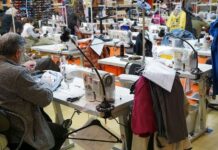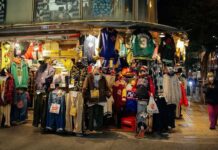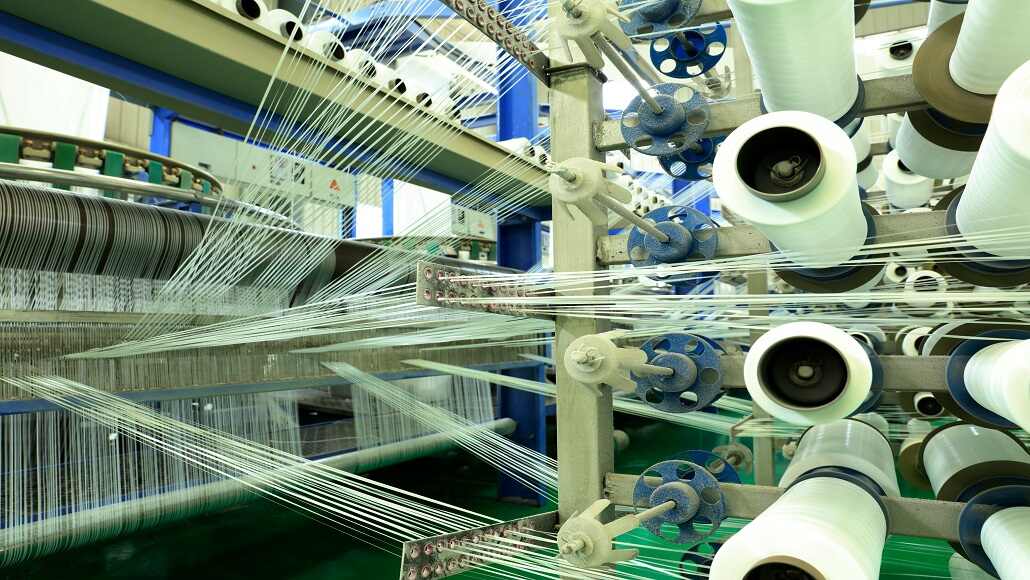Uzbekistan’s President Shavkat Mirziyoyev has recently approved a resolution aimed at expediting reforms and enhancing the export capacity of the textile and knitwear sectors. The plan includes a target for production to reach 146 trillion soums by 2026, marking a 9% increase, and cites an ambitious export goal of $3.3 billion.
To support financial stability in the industry, the resolution outlines measures to restructure the debts of cotton-textile clusters whose loans were provided by the State Agricultural Support Fund for the 2022-2023 harvest season. For clusters that have collateralized their assets, interest payments will be postponed until the principal has been fully repaid. Additionally, clusters that meet their financial obligations punctually will receive a refund for half of the interest paid, while penalties accrued from overdue interest as of August 1, 2025, will be eliminated.
In an effort to ensure a smooth cotton harvesting process, farmers are set to receive subsidies of 1 million soums for every tonne of raw cotton sold to processors through exchange trading this year. Furthermore, clusters and companies that finance their own cotton cultivation or procurement will be reimbursed 10% of their costs based on local news sources.
Starting September 1, cotton-textile clusters and textile and knitwear enterprises will benefit from a reduced social tax rate of just 1% for a three-year period. Furthermore, customs duties will be lifted on blended fabrics, textiles, and raw materials for the leather and silk industries that are not domestically produced in Uzbekistan.
These initiatives are part of the broader Uzbekistan textile industry reforms aimed at revitalizing the sector and positioning it for future growth. The focus on financial restructuring, increased subsidies, and favorable tax rates reflects the government’s commitment to strengthening the Uzbekistan textile industry reforms framework and boosting its overall competitiveness in the global market.

































